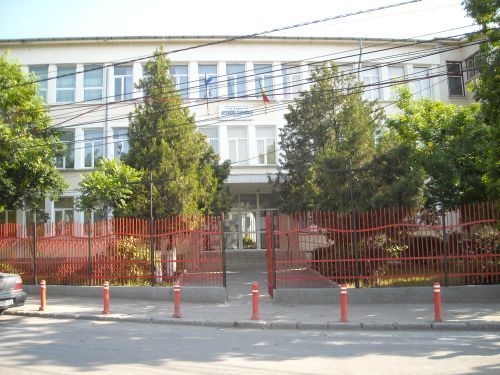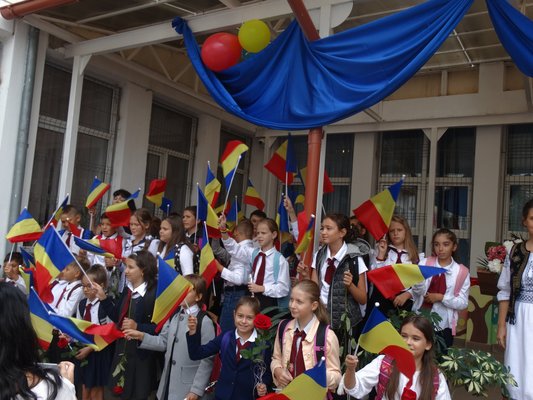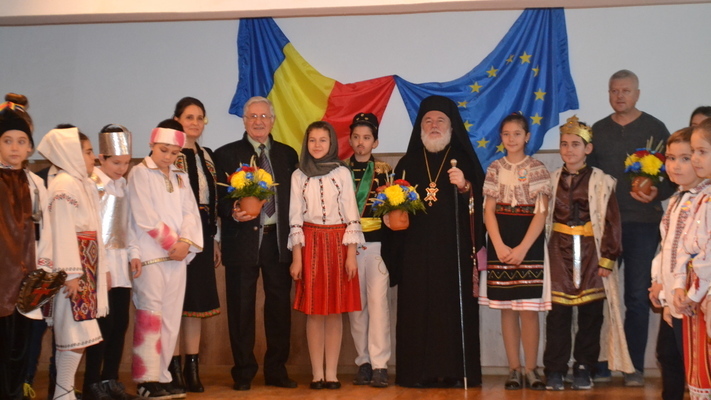Secondary School Alexandru Ciucurencu is located in the city of Tulcea, Romania, in the S-E region, near the largest natural reserve in Europe, the Danube Delta. It resides in the current building since 1979 after the previous highschool was disbanded. School Number 10,as it was formerly known as was renamed in 1999 after the great Romanian painter, Alexandru Ciucurencu. The school vision is built on the idea that our future depends on how we will know how to adopt, to develop the students' generic skills, which they need for personal fulfillment, social inclusion, offering a medium in which the students' personality can flourish as a whole, which is the foundation for lifelong learning, the essential component of education. Participation in this project also derives from mission of the school which is to promote quality education with openness to the new, respecting human fundamental values to give the chance for each student to succeed in life, to educate them to become good european citizens. Those four pillars specified by the International Commission of Education have become our slogan:learn to know, learn to do, learn to be and learn to live together. We want to develop a network of strategic partnerships with European schools that will pave the way for added value, to give students and teachers a new perspective of continuous training, to open access to educational resources and exchange ideas and good practices that bring concrete changes in the pedagogical approach and preparation. We place special emphasis on non-formal education which is the key to developing global skills and motivating to learn. The school has modern equipment, science laboratories, library, performance hall, foreign language labs, including Turkish and Russian. The school has primary education for children between the ages of 6-10 years old and lower secondary education for children aged between 11 and 15 years old with 1062 students belonging to different ethnic minorities (Turks, Lipovan Russians, Gypsies, Aromanians, Bulgarians, Greeks) and 55 teachers. In addition to the compulsory curriculum of national law, in our school optional subjects with a wide range of subjects are studied. These are proposed by students, parents, teachers and are aimed especially at the interest of the students. In this context, some of the topics studied in this project are related with history, cultural heritage and ITC are among the topics of interest of the students and they will become optional subjects studied by a large number of pupils for many years. The school is a new entrant to Erasmus+, although etwinng projects have been and are ongoing. This is one of the weaknesses of the school provided in the EDP that we want to solve through this project.The project team will include teachers with experience and certification of expert in accessing European funds but also teachers without, teachers with training on KA1 and KA2 Erasmus+ projects too.


